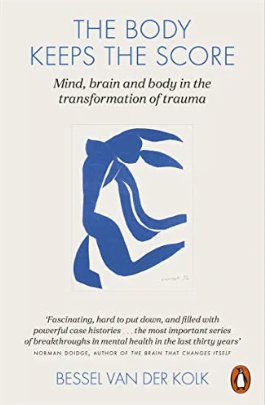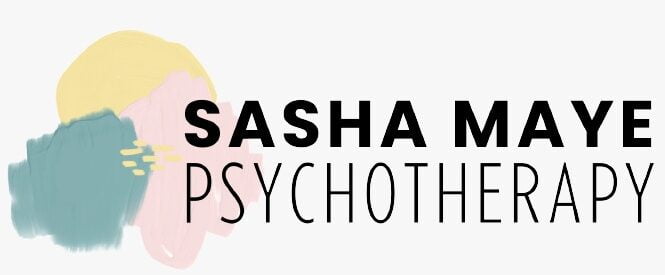‘The body is a source of knowledge and healing.’'
- Bessel Van der Kolk, The Body Keeps the Score
Pesso Boyden System Psychomotor (PBSP) is an interactive, body-based group therapy that enables us to recreate past experiences in order to compensate for emotional deficits earlier in life.

When is Pesso Boyden used?
Pesso therapy has been found to be effective in the treatment of anxiety, depression, sexual, drug, and alcohol abuse, and many other traumas. Used in the context of family therapy, couples therapy and executive coaching. This therapy has become known as “the therapists’ therapy,” as many therapists turn to Pesso therapy for their own personal work.
What's unique about it?
One of the greatest advantages PBSP has over other interactive therapies such as drama therapy or family constellations, is that it offers clients complete control. Other interactive therapies generally rely on a group process in which all of the individuals in the group are simultaneously using the process for what they believe to be in their own best interest. By contrast, in PBSP therapy only one person at a time has a session, which is called a “Structure.”
How does it work in practice?
During the “structure”, clients have the opportunity to access, express, and address their innermost feelings and needs in a safe environment. Structures are generally conducted in a group, but each structure is tailored to the individual needs of one person at a time, while the other group members offer support by playing roles or otherwise contributing to the structure.
Other techniques learned in Pesso Boyden therapy include ‘accommodation’, a role-playing skill that is used to satisfy requests of the person in treatment, and polarisation, a technique that helps people work to clarify ambivalent feelings. Most forms of psychotherapy involve a therapist who takes charge of the session, but Pesso Boyden therapy differs in that therapists are directed by the people in their care. This allows the client to maintain a sense of control as they receive the help they need and explore new or previously unconsidered aspects of the self. The therapist typically asks the person in treatment to speak about the issues being experienced experiencing, gradually using respectful questioning to help uncover the underlying causes of these concerns.
As the structure progresses, the therapist works with the individual to keep track of body sensations, emotions, verbal expressions, internalised commands, and core beliefs. Once the individual recalls an emotionally charged memory of a time when a basic childhood need was not satisfied, the therapist asks for permission to recreate an external scene of that memory. Group members may offer or be asked to play the role of the affected individual’s parents, former caregivers, or any other important “characters” in the past memory.”
What if I'm too nervous to join a group?
I can offer 1-2-1 Pesso Boyden therapy. This is an adapted version, where we will use imagination, placeholders and objects or ‘figures in the air’ to represent the roles typically played by group members. This would give you some of the benefits and a good introduction to the method. I’d be happy to talk about an introduction to Pesso Boyden and how we could bring it into your healing journey.
“Instantaneously I felt a deep release in my body – the constriction in my chest eased and my breathing became relaxed. That was the moment I decided to become Pesso’s student.”
Bessel Van der Kolk on Pesso Boyden Therapy

MY PESSO BOYDEN TRAINING
I am a PBSP Psychotherapist (Pre-Accreditation): This means I am a qualified psychotherapist (UKCP) who has completed an approved PBSP 3 year training. I am working towards full accreditation.
